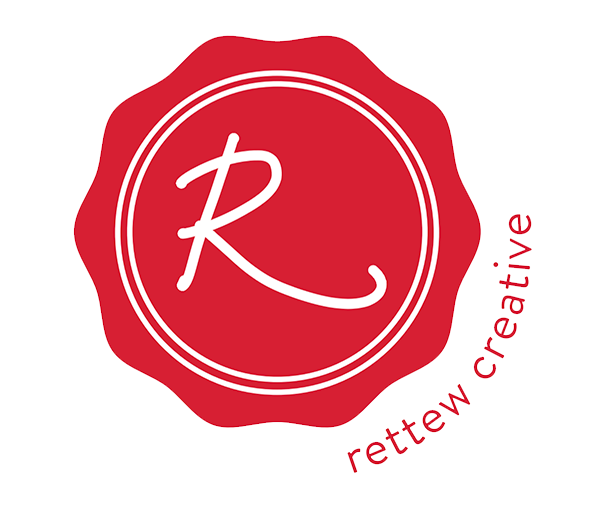How do we listen, really listen? Creating a knowledge economy!
I received an email today that challenged a remark I made during a meeting. The question asked about the importance of listening and asked for tips/thoughts/advice. This made me think, what makes us good listeners and how can we become better listeners in-order to engage with our audiences.
Here are some thoughts that I used in response to my friend!
- To know your audience, to effectively communicate…we must listen so that we may adjust/address our discourse.
- To listen, we must ask. We must be willing to empower our audience and engage their conversation. So we ask questions to learn about our audience.
- We are observant, we look at our surroundings where we communicate so that the visual cues provide context to the conversation.
- We find a connection point. People exchange in conversation because of some common ground. We look for these commonalities and use them to form reflective conversation.
- We bite our tongues. When we listen, we do not try to complete others’ sentences but provide simple gestures so that the audience feels us engaged.
- We provide emotional reinforcement. It is okay to laugh, cry, and even get mad during a conversation. Emotion is the result of a successful conversation.
- We make our audience feel important, we make them feel like they are the thought leader. This requires us to do a little homework and understand who will engage in conversation; so that we can be prepared with questions about that person so we can make them feel important.
- We create a silence so that the audience feels the need to fill the void. Sometimes we ask questions or even prompt discussions, but we are not willing to let the person answer. Create a silence in the discussion that provides a rigid opportunity for the audience to feel the need to remove the silence.
- Most importantly, be genuine and honest with the ones you are communicating. Honesty provides connection and builds credibility.
- Lastly, tell stories, good stories. People connect with stories, rich stories with layers. When you tell a story, people want to share their stories. Then just sit back, listen and enjoy the moment.
Listening is one of the toughest things to do. It is a skill that can be refined during an interview process. When I worked as a journalist, I learned the hard way. I would have to go into households of families who had lost a loved one with cameras and equipment to get an interview. I learned to make them feel comfortable enough to share their deepest moment of lose with the camera recording. I learned to find something in common so that the conversation was not empty and provided context, plus I wanted to earn their trust. I would look around the room and find a picture, book, something that I could identify so we could establish some common ground. Then, I was honest in my intentions, and allowed them to make the decisions how the interview/conversation would continue. I made them feel like the gatekeeper, empowering them as the dominant in the conversation.
Listening can be fun, learning from listening is powerful. If we looked at engaging in conversation as an opportunity to learn from those whom we converse with daily, we could create a bigger knowledge economy.
